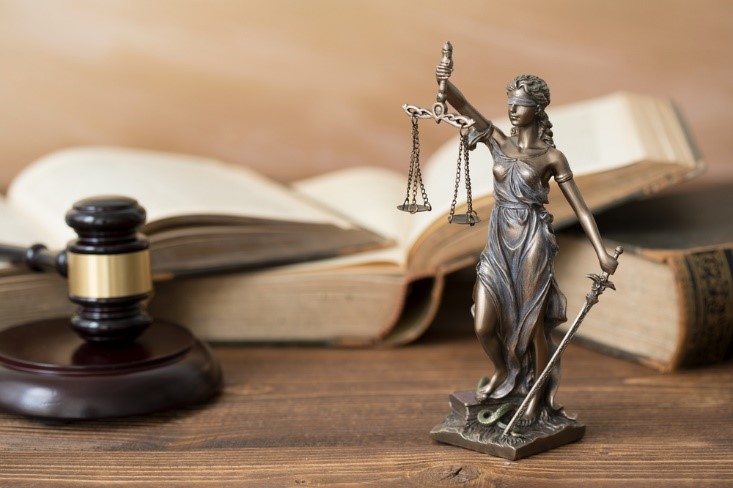I’ve Been Arrested! What to Do after an Arrest in New York
The thought of being arrested can be frightening, but it can actually happen quite often. If you are ever in this situation in New York, it’s vital to understand the process and know what to do, and how to behave, and particularly what to say – or not to say.
How an Arrest Can Take Place
According to the New York Police Department, an arrest will be made once a suspect is identified and there is enough probable cause to link the person to the crime committed. During the arrest, the suspect may be searched, then transported to a precinct for questioning.
At the precinct, the suspect’s fingerprints will also be put on file, as well as a photograph of the person.
What to Do after the Arrest
The most important thing to remember if you’ve been arrested is that you have the right not to say anything to the police without a New York criminal defense attorney present. Right after the arrest, you should inform the arresting officers that you won’t make any statements without your lawyer.
Some police officers may try and persuade you not to call your lawyer, but it’s vital not to listen to them. Anything you say will be added to the official record, and then used in future proceedings.
Moreover, don’t even make any statements at the time of the arrest, or on your way to the precinct. There is no “off button” in this situation, and any statement you make, even if you believe you made it in an unofficial manner, is added on record.
When Should You Ask for the Right to Counsel?
You should ask for a lawyer at the time of your arrest. This right was added to help people deal with the criminal justice system, and protect themselves. Don’t be afraid that asking for counsel will make you look guilty. That is a huge mistake innocent people can make, thinking that since they’ve done nothing wrong, they have nothing to hide. The probable cause of the arrest can be based on circumstantial evidence.
For instance, let’s assume the crime in question was a robbery at a local store. The cameras were out of service, so the police took some eye-witness description of the perpetrator. The robber had their face partially covered, but the witness can still make out a few characteristics: build, height, race, eye color, and so on. The description could match you, and if there’s any evidence you’ve visited the store recently, that could give the police probable cause and bring you in for questioning.
That is an example of a wrongful arrest. A lawyer may have these charges dismissed and prevent you from being wrongfully convicted. But even if you are responsible, a lawyer can help defend you and lower the punishment. As such, no matter in what position you are, consider hiring a lawyer to help you during the arrest.
How to Choose a Lawyer
According to New York law, you are entitled to a phone call after you’ve been booked. Ask the police to make a phone call to call your lawyer if you have one, or a family member to let them know of the arrest and ask them to find a lawyer.
However, unless the call is made directly to your lawyer, all phone conversations are recorded and can be used by the police. So remember that when you call a friend or family member not to discuss anything about the case and the arrest to avoid incriminating yourself.
If you cannot afford to hire a lawyer, you have the right to ask for a public attorney. Inform the arresting officer of this, and a counselor will be assigned to your case and assist you.
Conclusion When you’re arrested, your emotional state may be all over the place. It’s important to keep calm, and think rationally about your next steps; the most important of all is asking for your right to an attorney.

